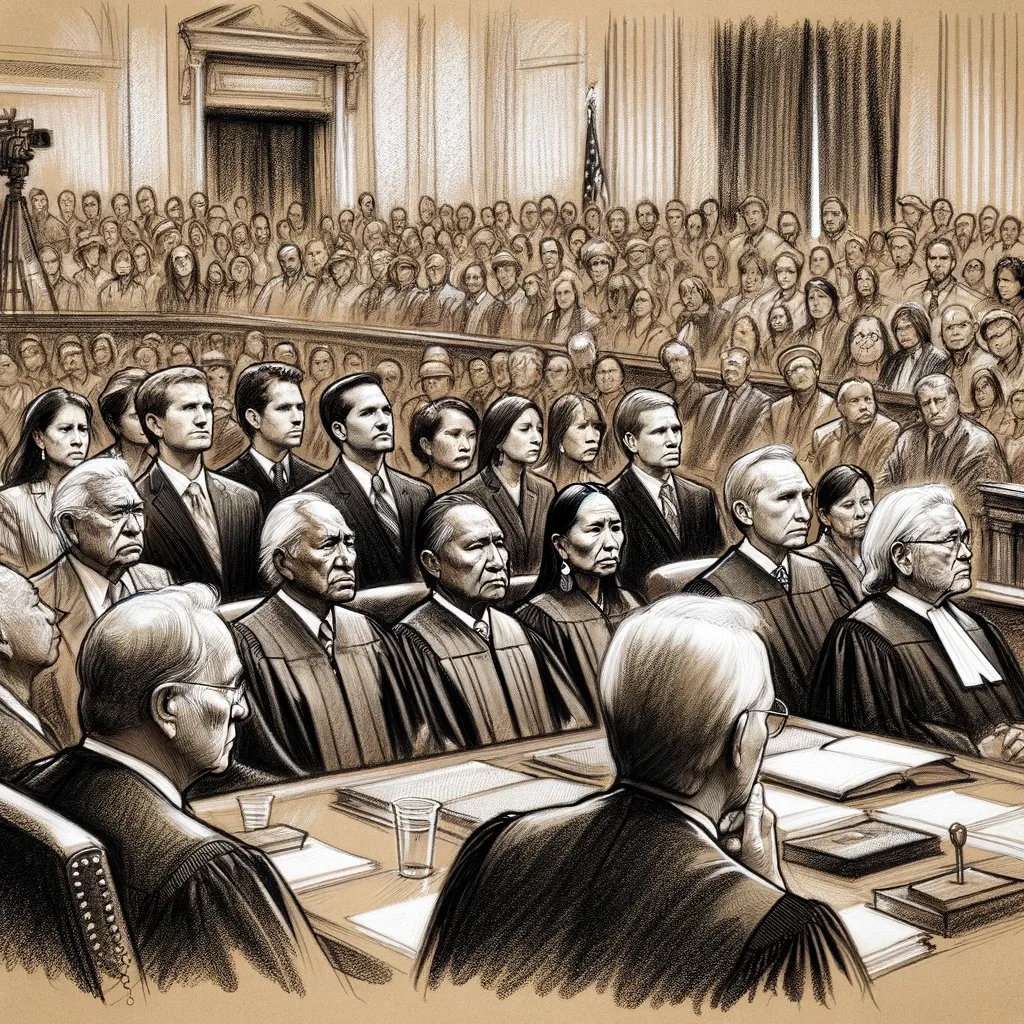Case Digest on Arizona v. Navajo Nation

The Supreme Court ruled that the 1868 treaty did not obligate the United States to actively secure water resources for the Navajo Nation, highlighting the treaty's limitations in addressing contemporary water needs.
Introduction:
This case centers on the interpretation of a 1868 treaty regarding water rights for the Navajo Nation, amidst the backdrop of arid conditions in the western United States.
Facts of the Case:
After historical conflicts, a 1868 treaty established a reservation for the Navajo Nation. The Navajo sued to compel the U.S. to secure water resources, which was seen as essential for the reservation's purpose.
Issue of the Case:
Whether the 1868 treaty required the U.S. to actively ensure water resources for the Navajo Nation.
Ruling of the Case:
The Court determined that the treaty did not impose a duty on the U.S. to take affirmative actions to secure water for the Navajo Nation.
Impact on the Legal System:
The decision underscores the limitations of historical treaties in addressing modern challenges, such as water scarcity, and emphasizes the role of Congress and the President in updating laws to meet current needs.
Conclusion:
The case reaffirms the principle that treaties cannot be expanded beyond their explicit terms, placing the responsibility for addressing contemporary issues on legislative and executive branches rather than through judicial reinterpretation of historical agreements.

